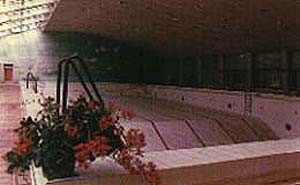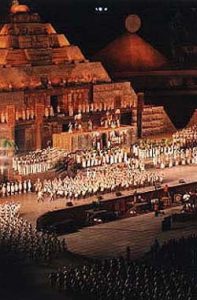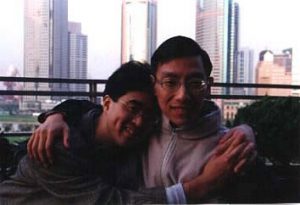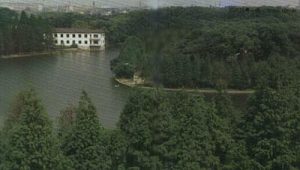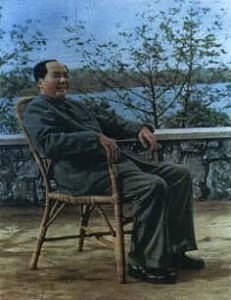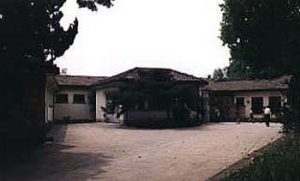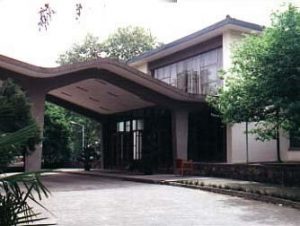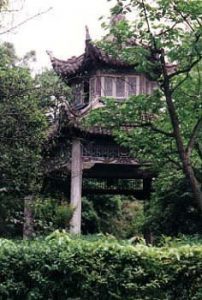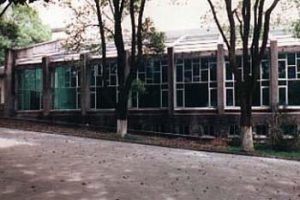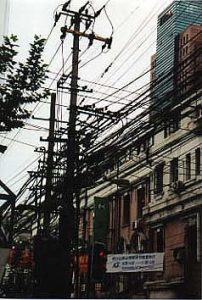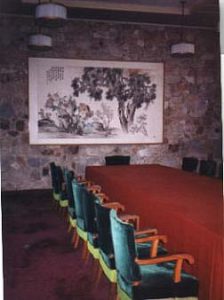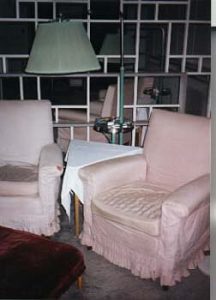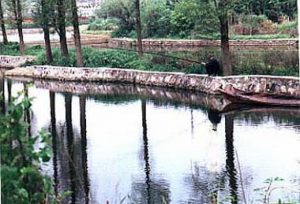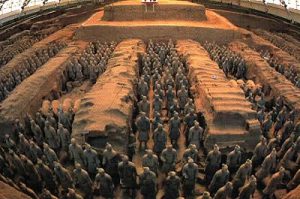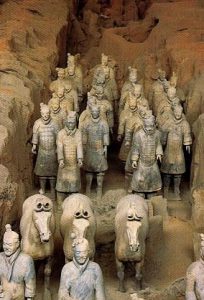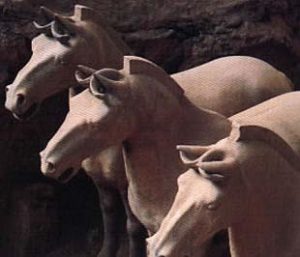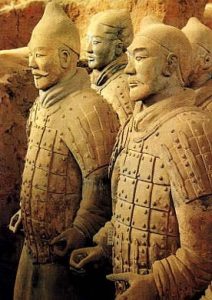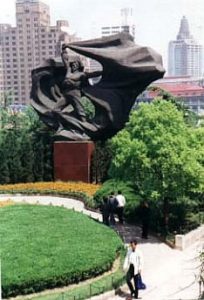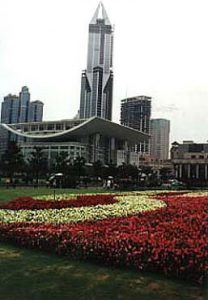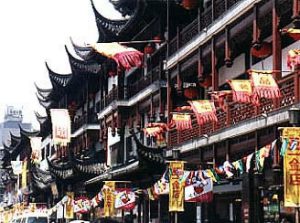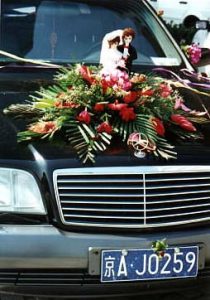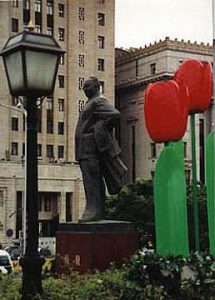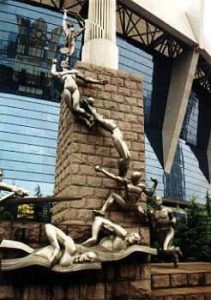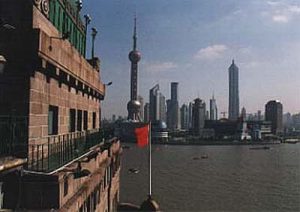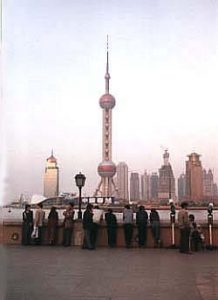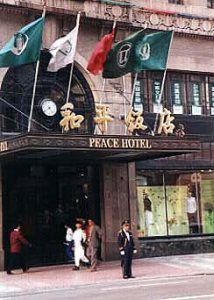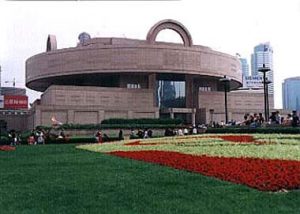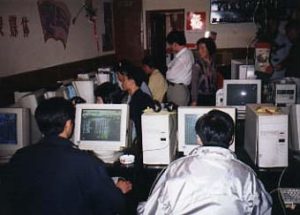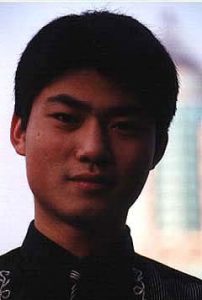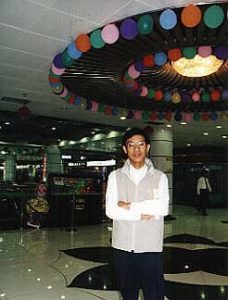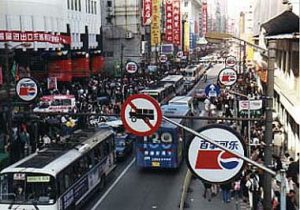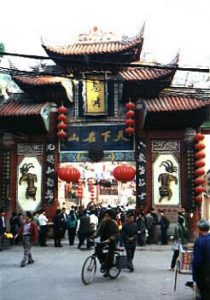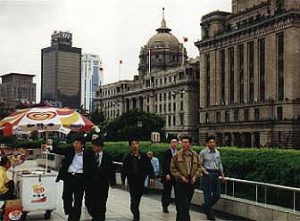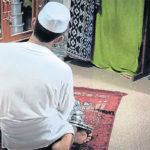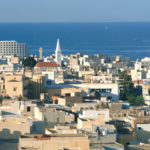Shanghai (photos 1-20) is the largest city in China in terms of population and one of the largest urban areas in the world, with over 20 million people in its extended metropolitan area. The city is mainland China’s center for commerce and finance, and has been described as the "showpiece" of the world’s fastest-growing economy.
In
Shanghai there is a growing
gay community athough muted and discreet. Gay voices (
tongzhi) are becoming louder especially regarding HIV prevention and care. China has decriminalized homosexuality and also declared it is no longer considered a mental illness. Although there is no explicit law against homosexuality or same-sex acts between consenting adults, neither are there laws protecting gays from discrimination, nor are there any gay rights organizations in China. In one poll, over 80% of Chinese respondents agreed that heterosexuals and homosexuals were "equal individuals" — although ‘Brokeback Mountain’ in 2006, was denied release in the mainland.
See the information about gay Shanghai on the Utopia web site.
Wuhan ( photos 21-30) is the capital of Hubei province, and is the most populous city in central People’s Republic of China.
Tucked away in a quiet forested area of Wuhan is Mao Zedong’s private villa, now a museum. See story.
Xian is one of the oldest cities in China, one of the Four Great Ancient Capitals of China because it has been the capital (under various names) of some of the most important dynasties in Chinese history. It is also renowned for being the eastern terminus of the Silk Road and for the location of the Terracotta Army (photos 31-34), made during the Qin Dynasty, dating from 210 BC, and discovered in 1974.

